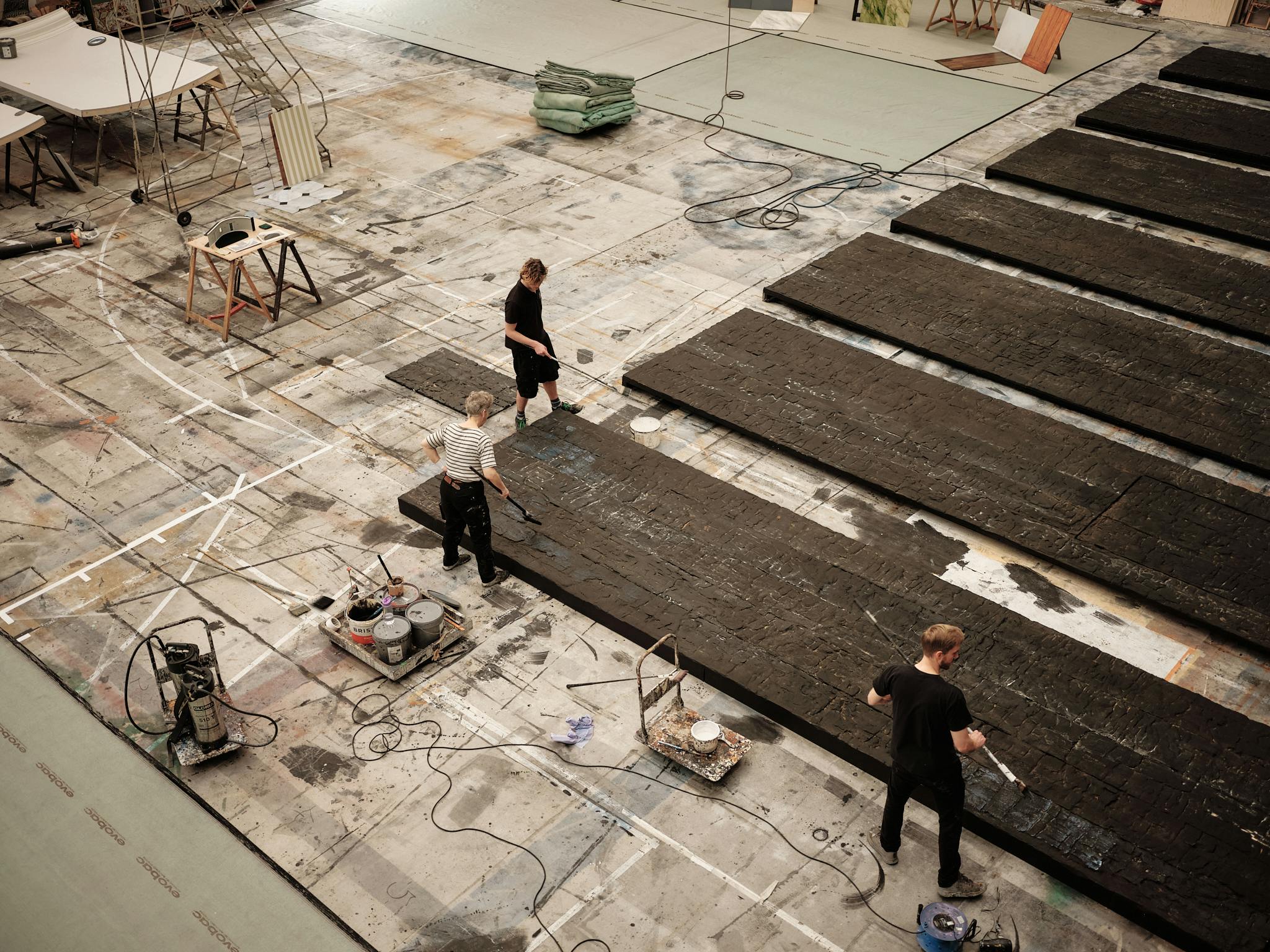Jakub Hrůša and Friends in Concert
Jakub Hrůša and Friends in Concert
Jakub Hrůša and Friends in Concert
New Music Director Jakub Hrůša conducts a mesmerising programme of works for orchestra and chorus by Bartók and Dvořák.

Join the Orchestra of the Royal Opera House as they perform Bartók’s Suite from The Miraculous Mandarin and The Spectre’s Bride by Dvořák, where they are joined by soloists and the Royal Opera Chorus.
Join the Orchestra of the Royal Opera House as they perform Bartók’s Suite from The Miraculous Mandarin and The Spectre’s Bride by Dvořák, where they are joined by soloists and the Royal Opera Chorus.
Royal Ballet and Opera Principal Julia Rausing Trust
Background
New Music Director of The Royal Opera Jakub Hrůša leads the Orchestra of the Royal Opera House in a rich programme of Czech and Hungarian music. From the hallucinatory orchestral colours of Béla Bartók’s scandalous Suite from The Miraculous Mandarin, to Antonín Dvořák’s rarely-heard cantata for soloists and chorus, The Spectre’s Bride, an evening of extraordinary musical storytelling awaits. Don’t miss this chance to see the Orchestra and Chorus of the Royal Opera House centre stage in a thrilling programme of concert works.
Two macabre musical tales
Shocking, scandalous, and a masterclass in orchestration, Béla Bartók’s The Miraculous Mandarin created a sensation when it was first performed as a ballet in 1926. A young woman dances in a window, luring men to a violent death. What begins as a sordid tale of sex and murder turns into something altogether more sinister, when her final victim demands satisfaction - from beyond the grave... Arranged in 1928, this orchestral Suite condenses the ballet’s lurid tale, stopping short of the story’s bloody consummation, whilst still retaining the score’s hallucinogenic vividness.
Antonín Dvořák’s cantata, The Spectre’s Bride, tells the macabre tale of a young bride-to-be who is kidnapped by a ghost she believes to be her lover. Composed in 1884, and based on a poem by Karel Jaromír Erben (whose folktales inspired Dvořák’s much-loved opera, Rusalka), this rarely-performed work for soloists, chorus and orchestra depicts the bride’s wild ride through a hellish night – but as dawn breaks, order is restored. Alongside the Royal Opera Chorus, a trio of Czech soloists (Kateřina Kněžíková and Pavol Kubáň in their Royal Opera debuts, and Pavel Černoch) bring this spectacular tale to life.
Cast and Creatives
Cast

Access
There is lift access and step-free routes to over 100 seats in the Stalls Circle, Balcony and Amphitheatre. There are 10 steps or fewer to some seats in the Stalls Circle, Balcony, Amphitheatre and the Donald Gordon Grand Tier. All seats in the Orchestra stalls are accessed by 9 steps or more. A handheld bell is rung by Front of House staff to signal guests to take their seats before a performance. The bell is loud and can be startling. The bell is rung approximately ten minutes before the show starts and at each interval.
We have an assistive listening system available to use.
Join our Access Scheme for priority access performance tickets and to personalise your account for your access requirements.
See our Accessibility page for more information on access at the Royal Opera House.

Donate
The Royal Ballet and Opera is a charity and relies on your support. No matter the size, every gift is critical to our work and helps us to secure the future of ballet and opera.
Your donation will enable us to keep extraordinary work on our stages, inspire the next generation and support the Royal Ballet and Opera's community of artists, technicians and craftspeople.
For people, not profit. Making world class ballet and opera for everyone.
Royal Opera House Covent Garden Foundation, a charitable company limited by guarantee incorporated in England and Wales (Company number 480523) Charity Registered (Number 211775)
